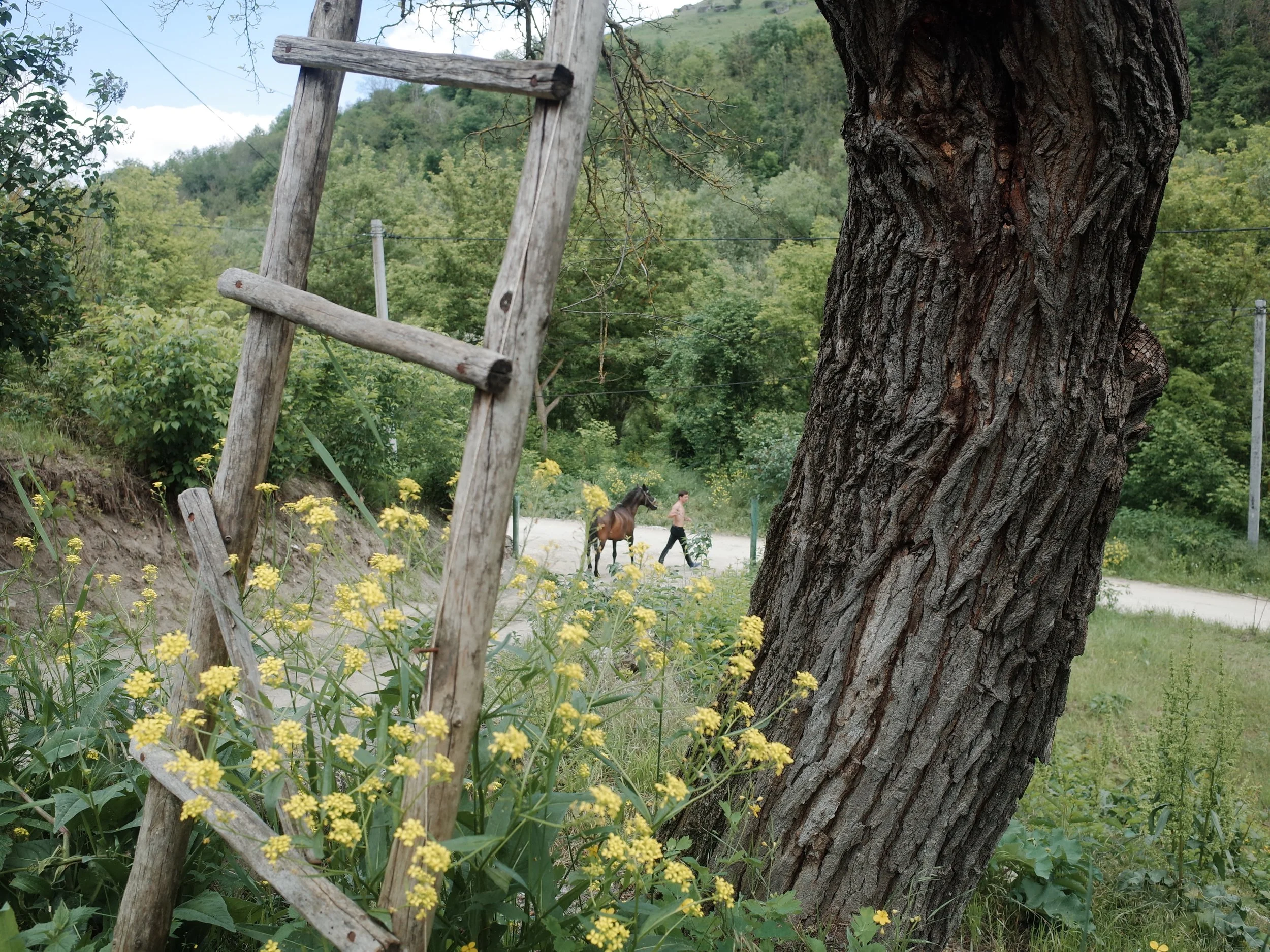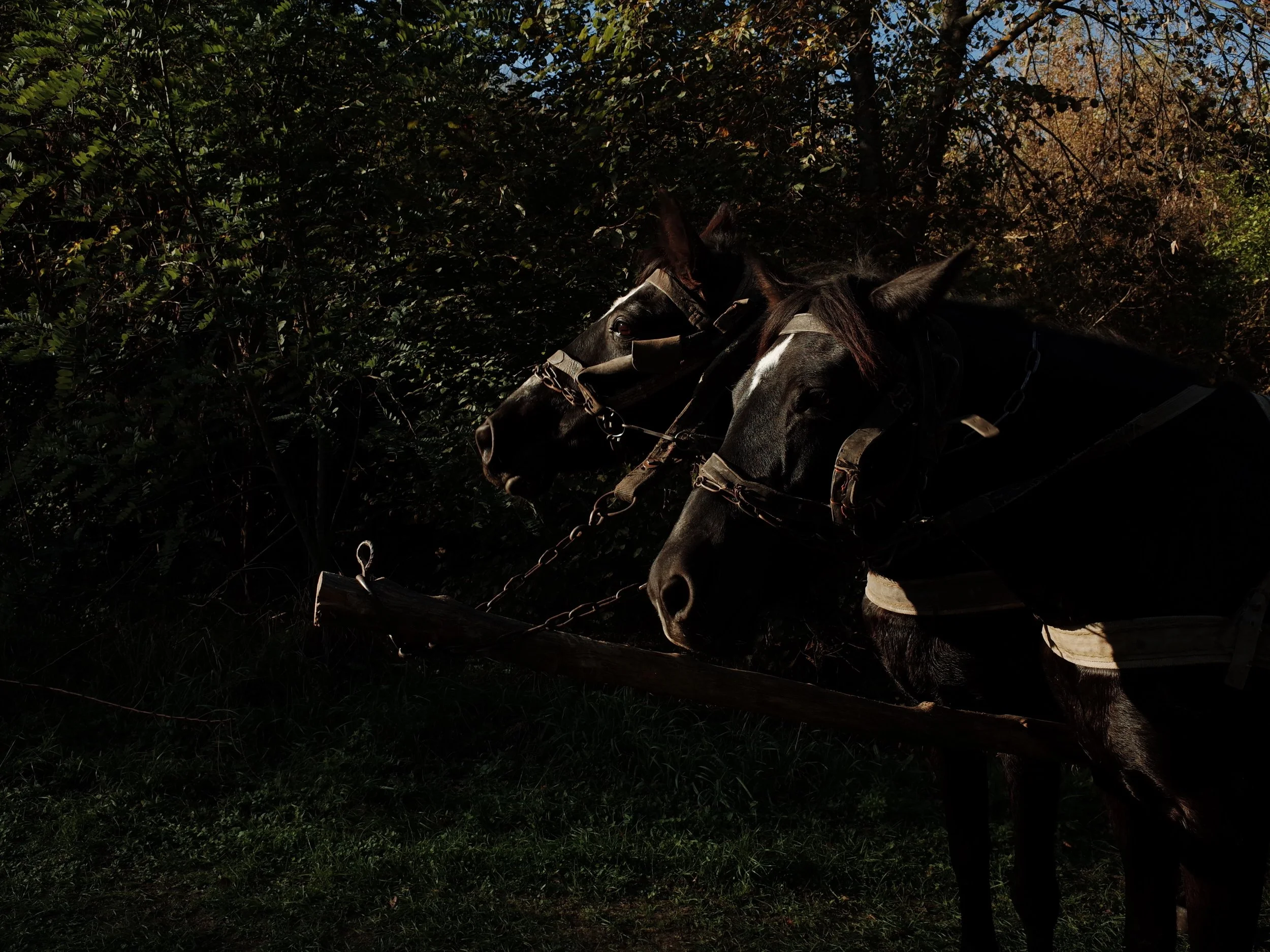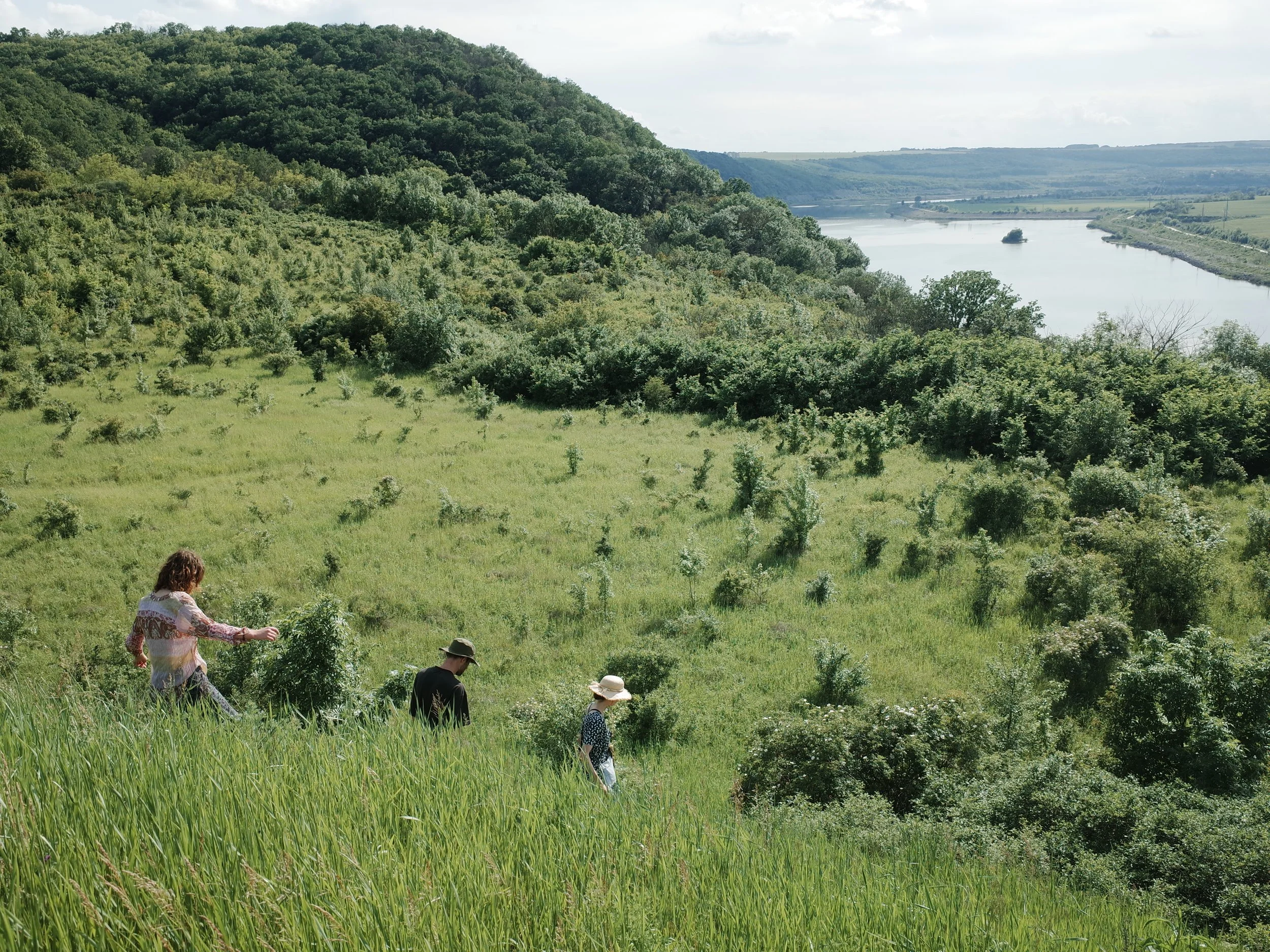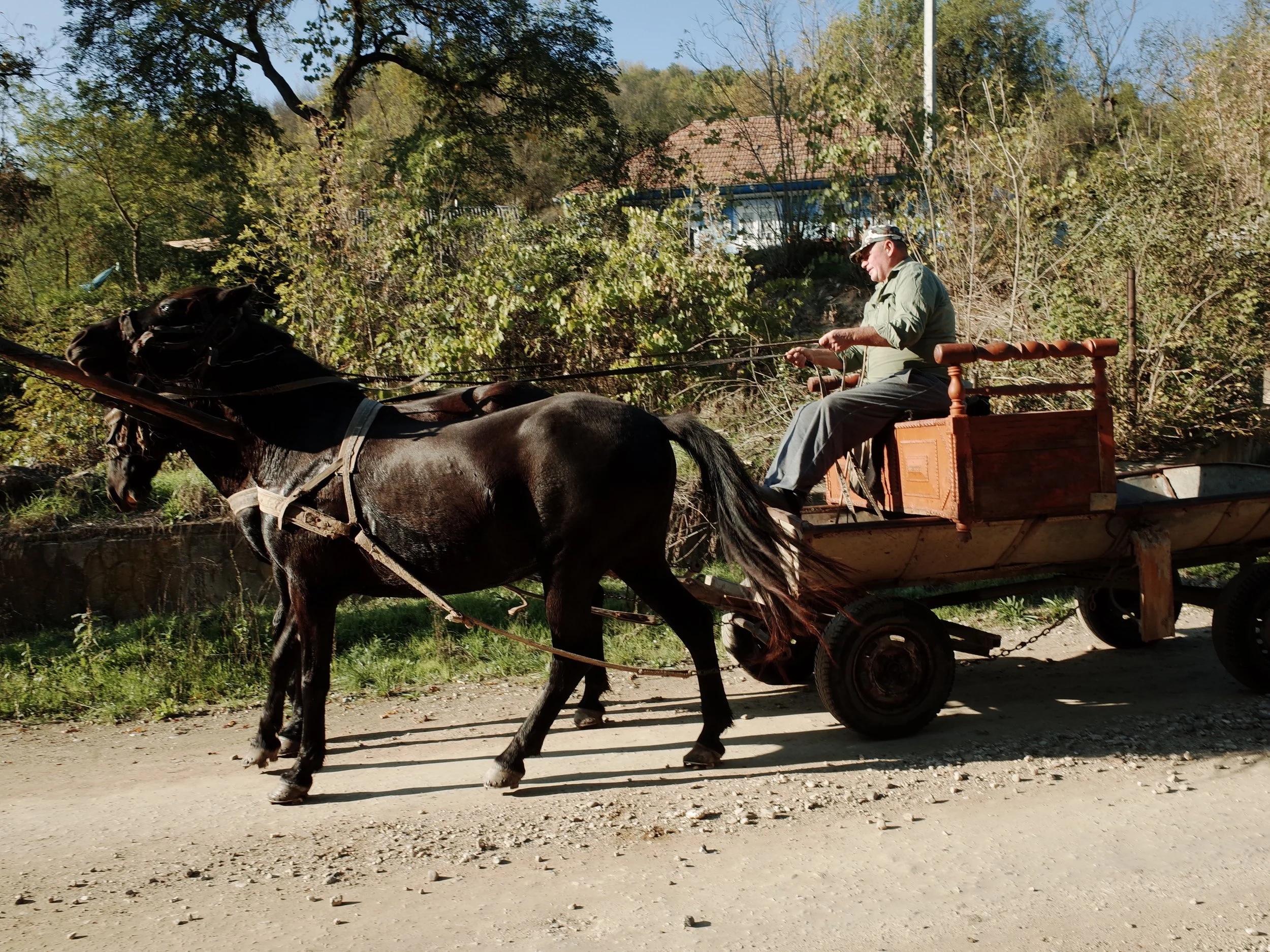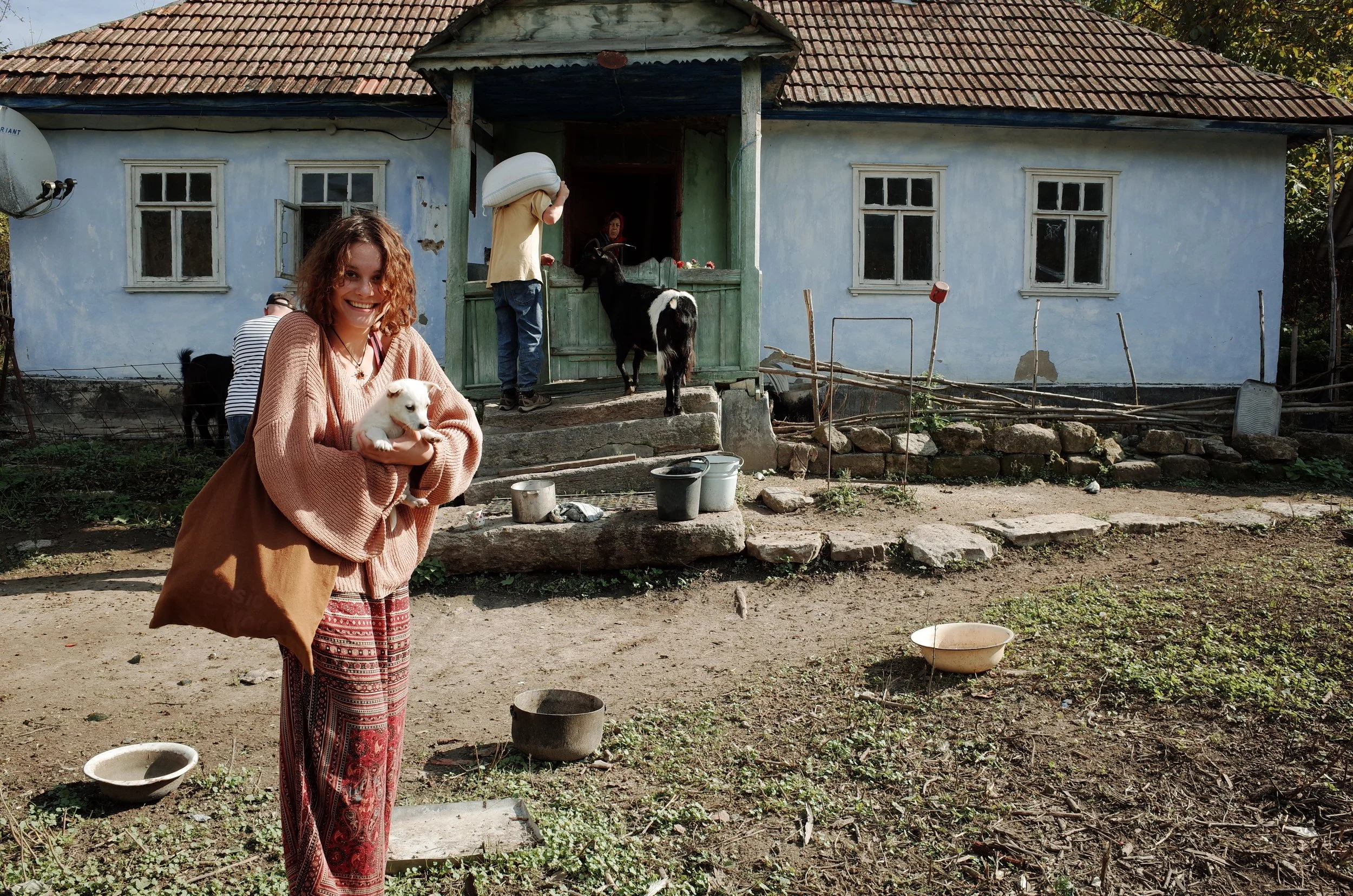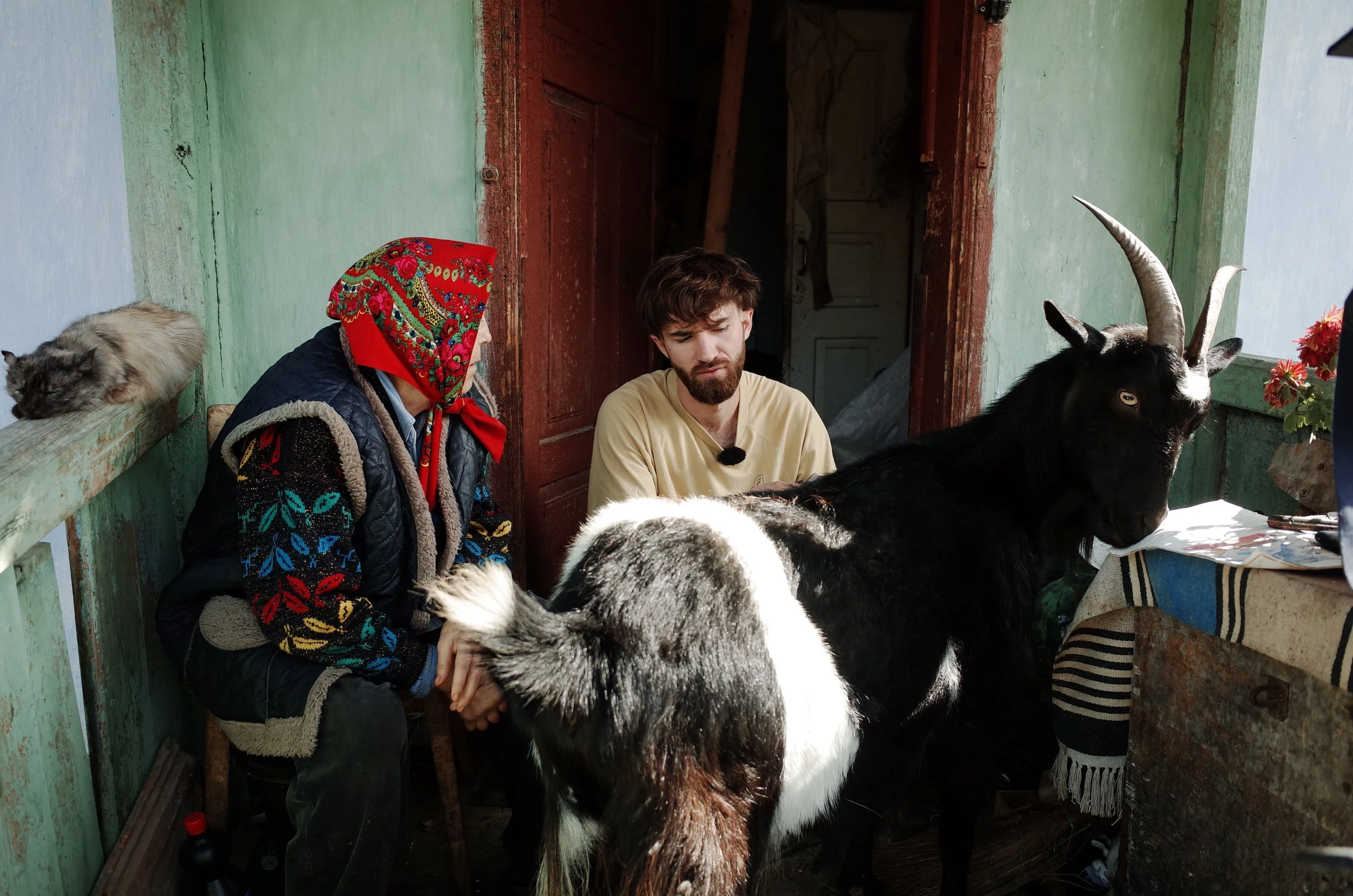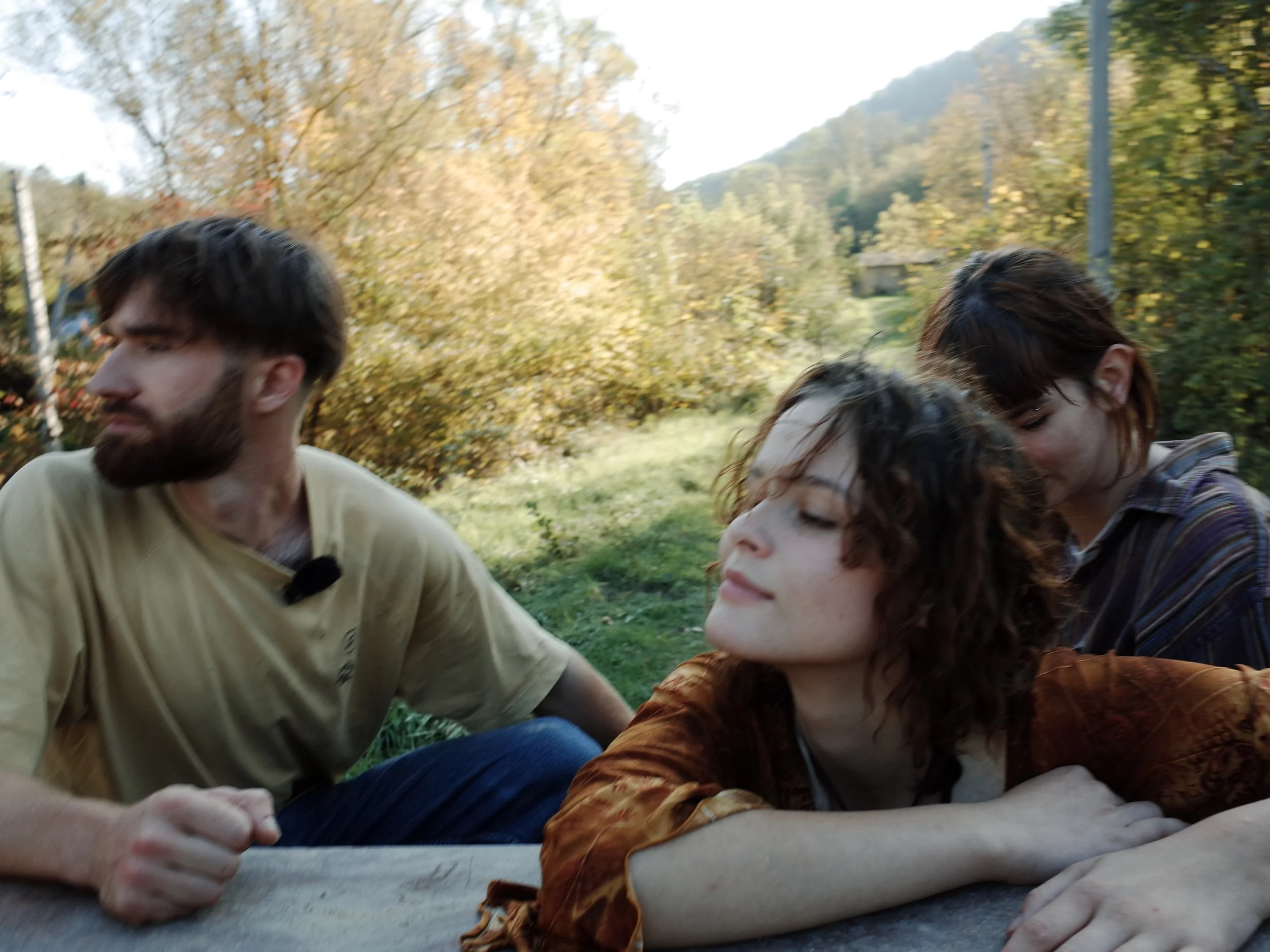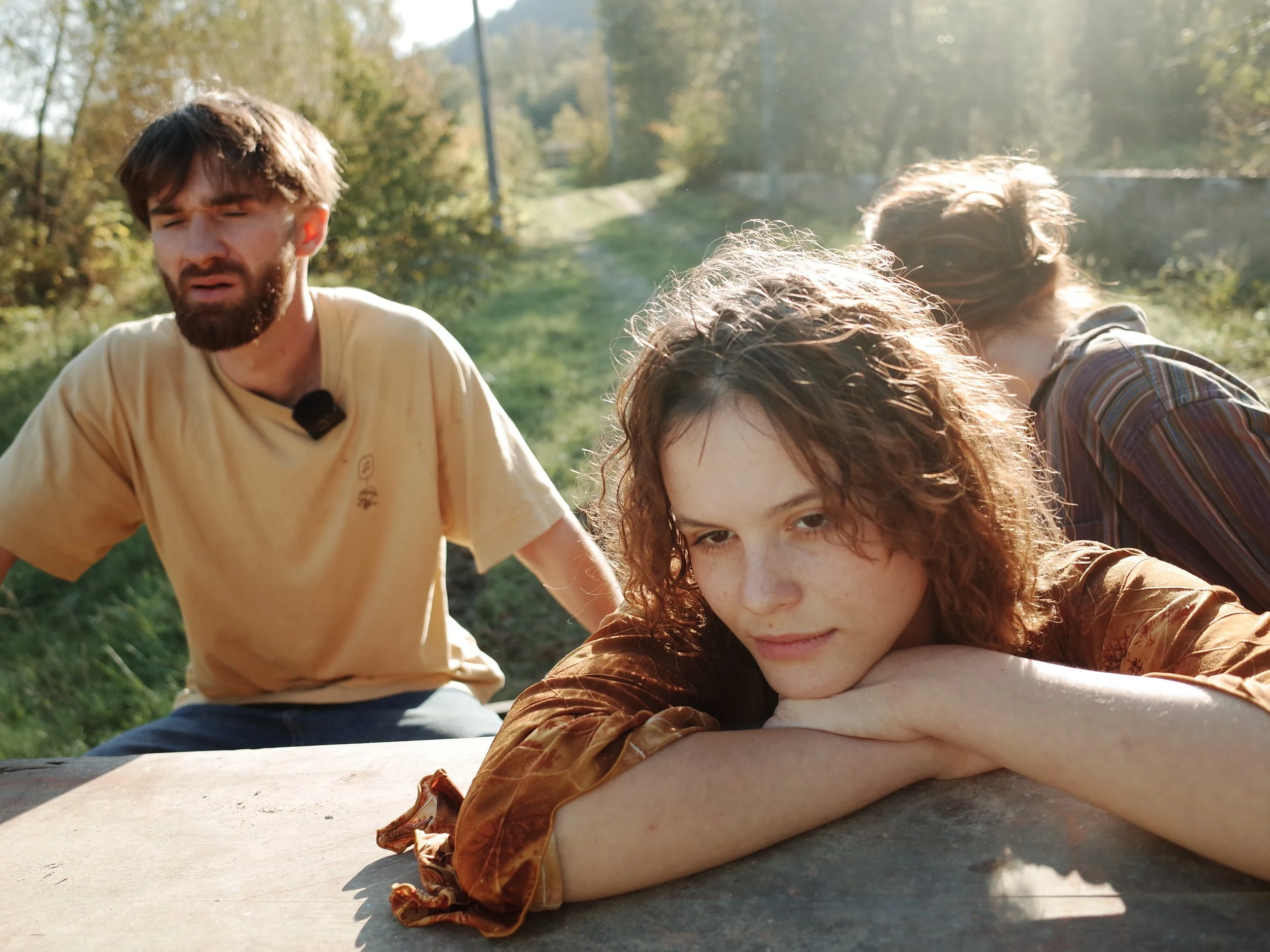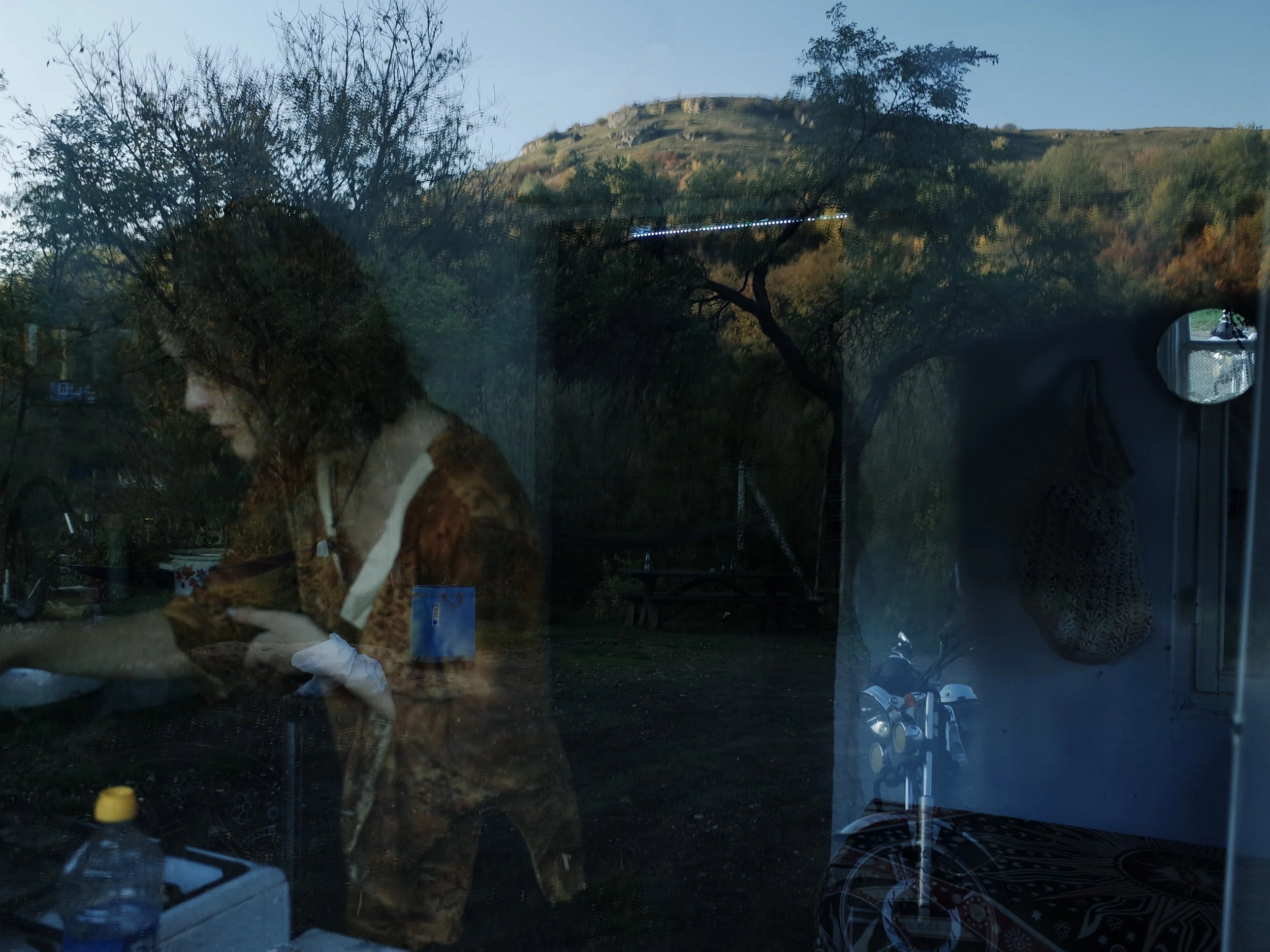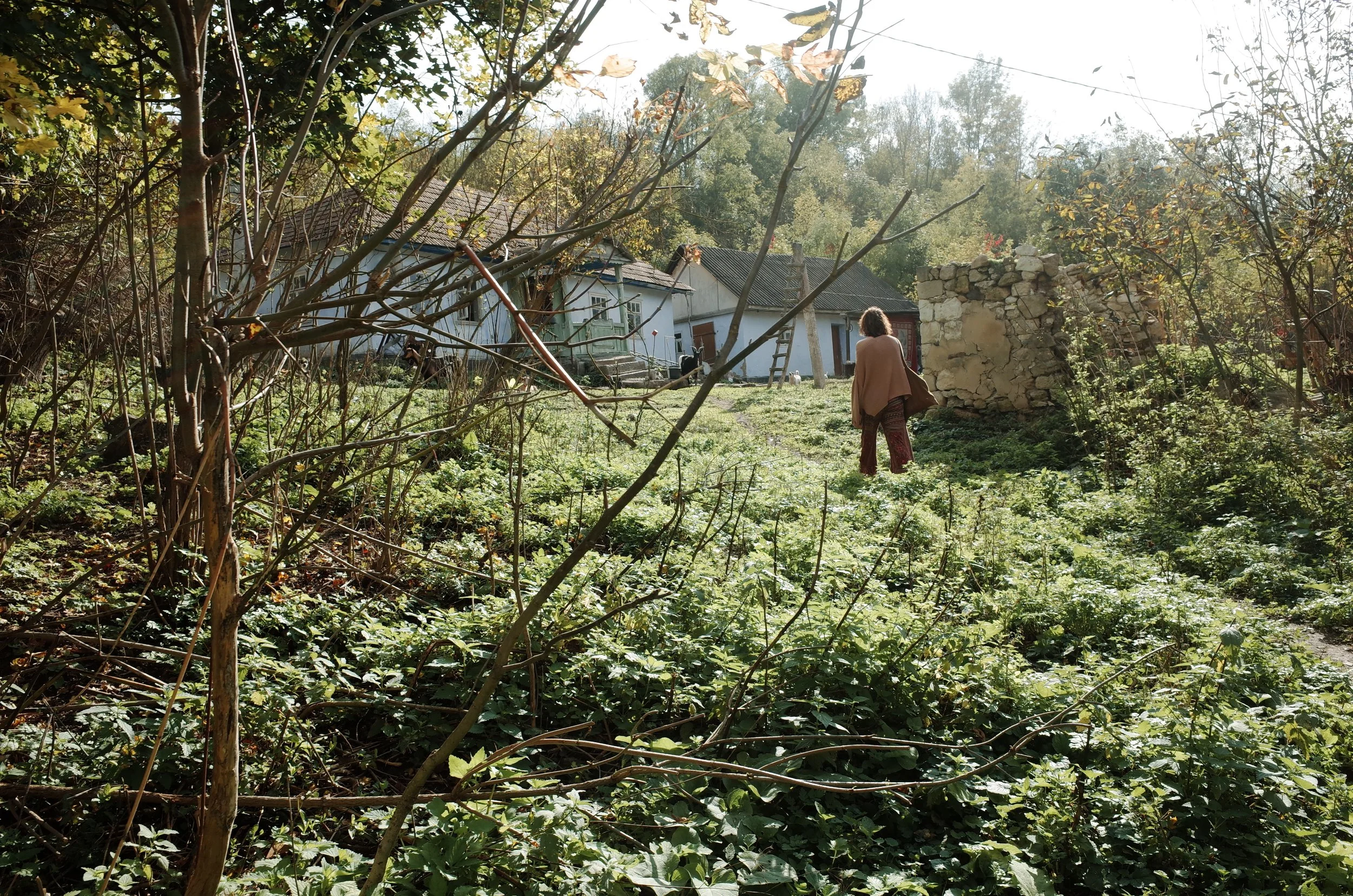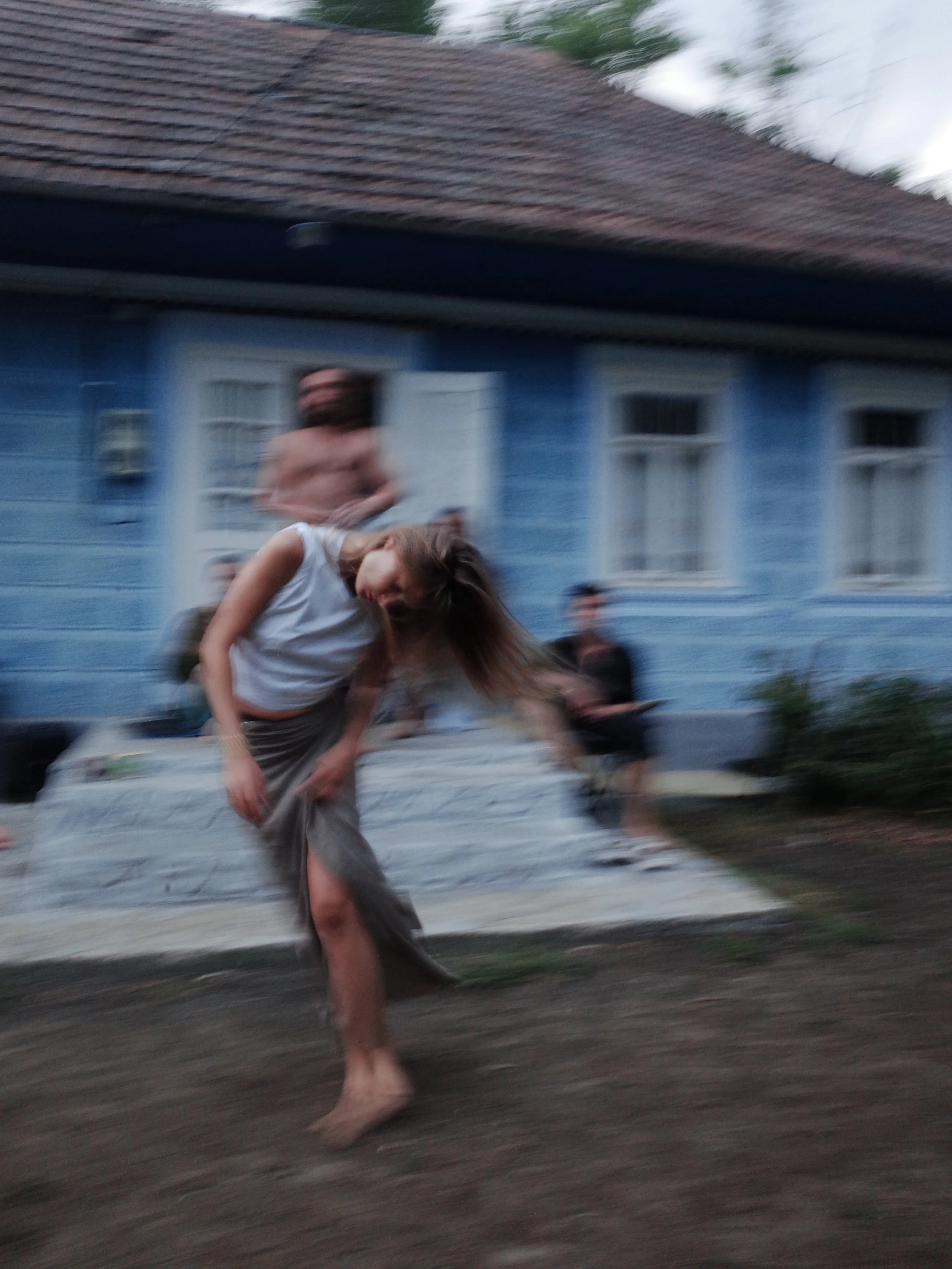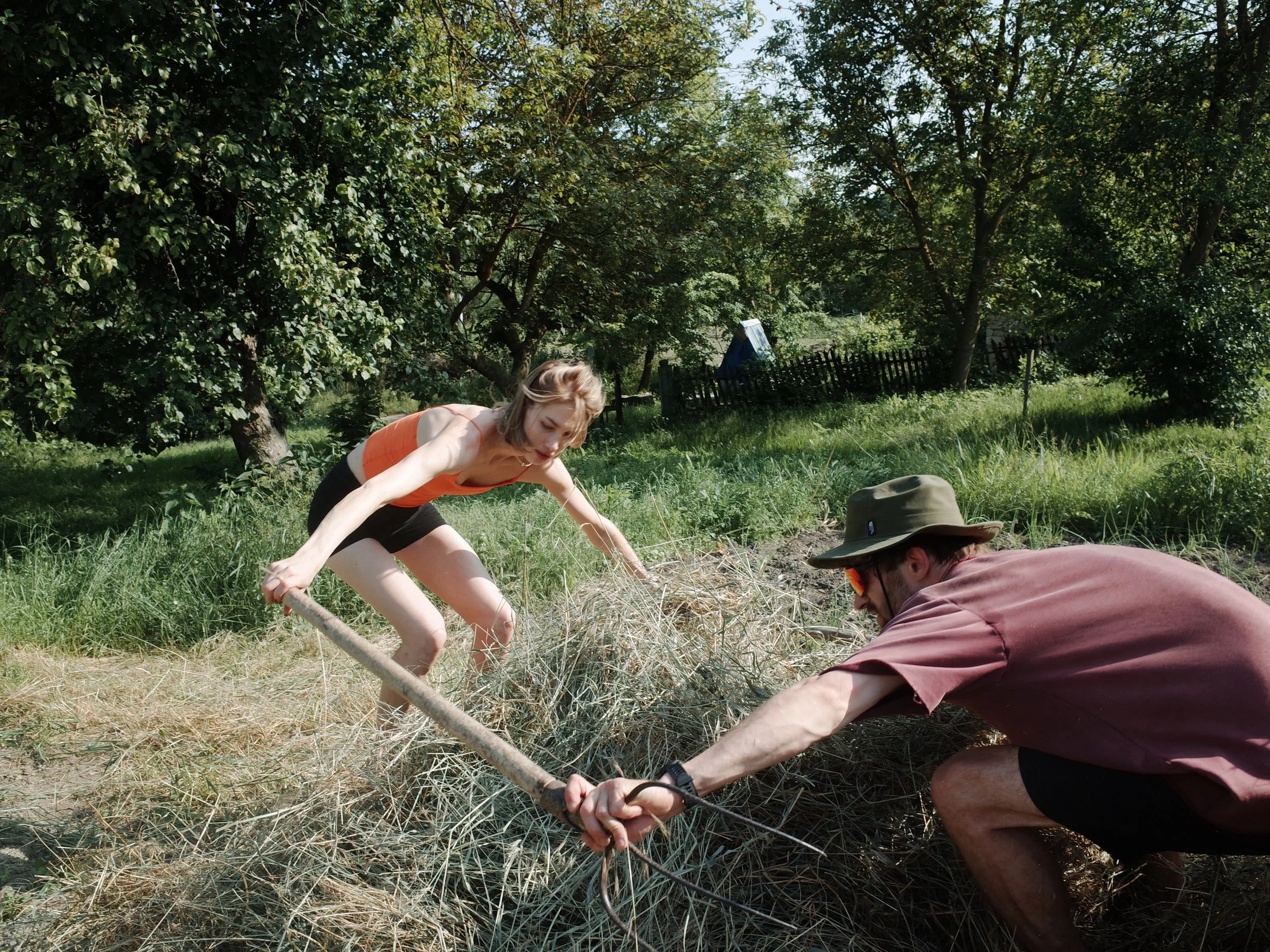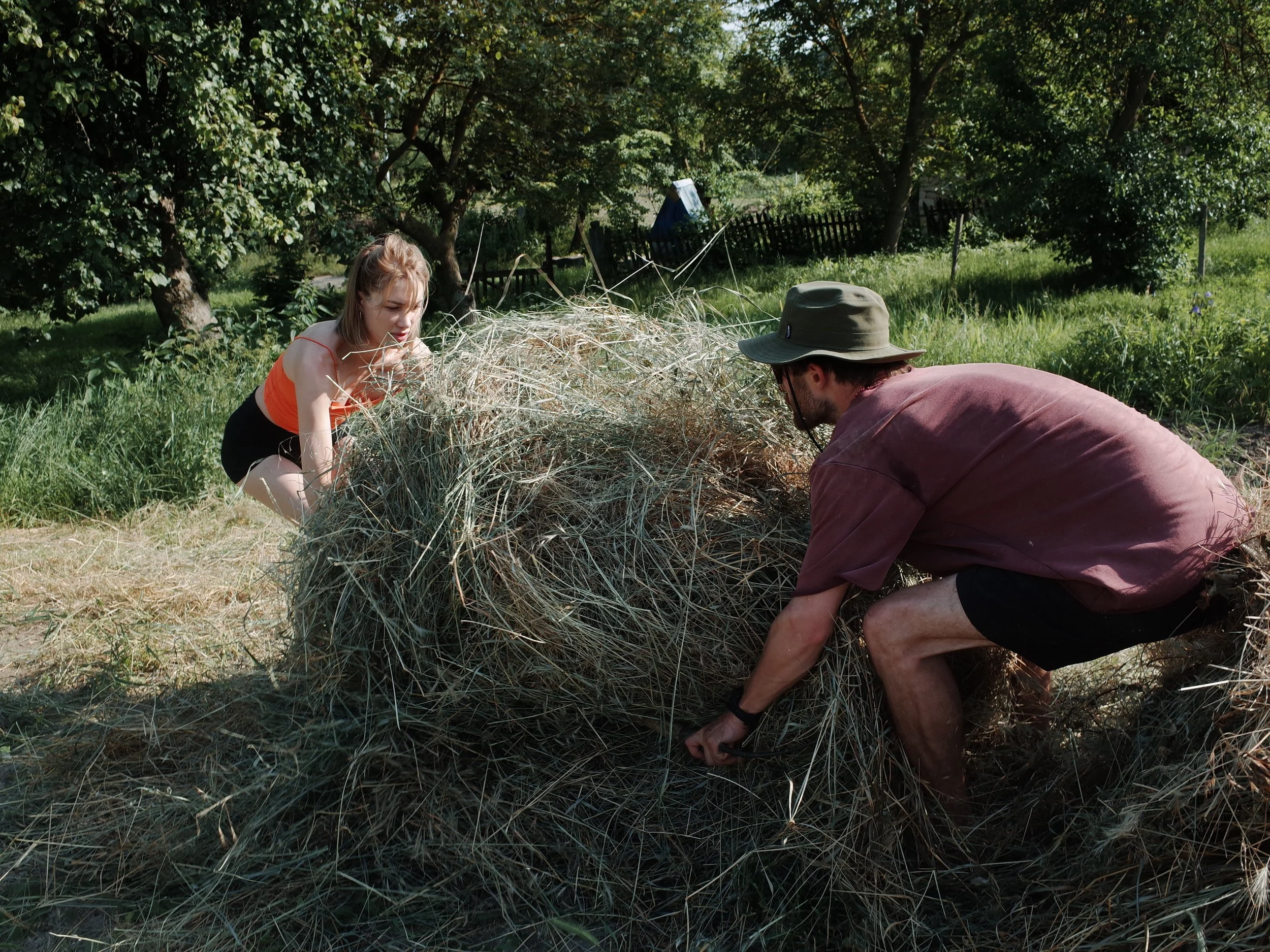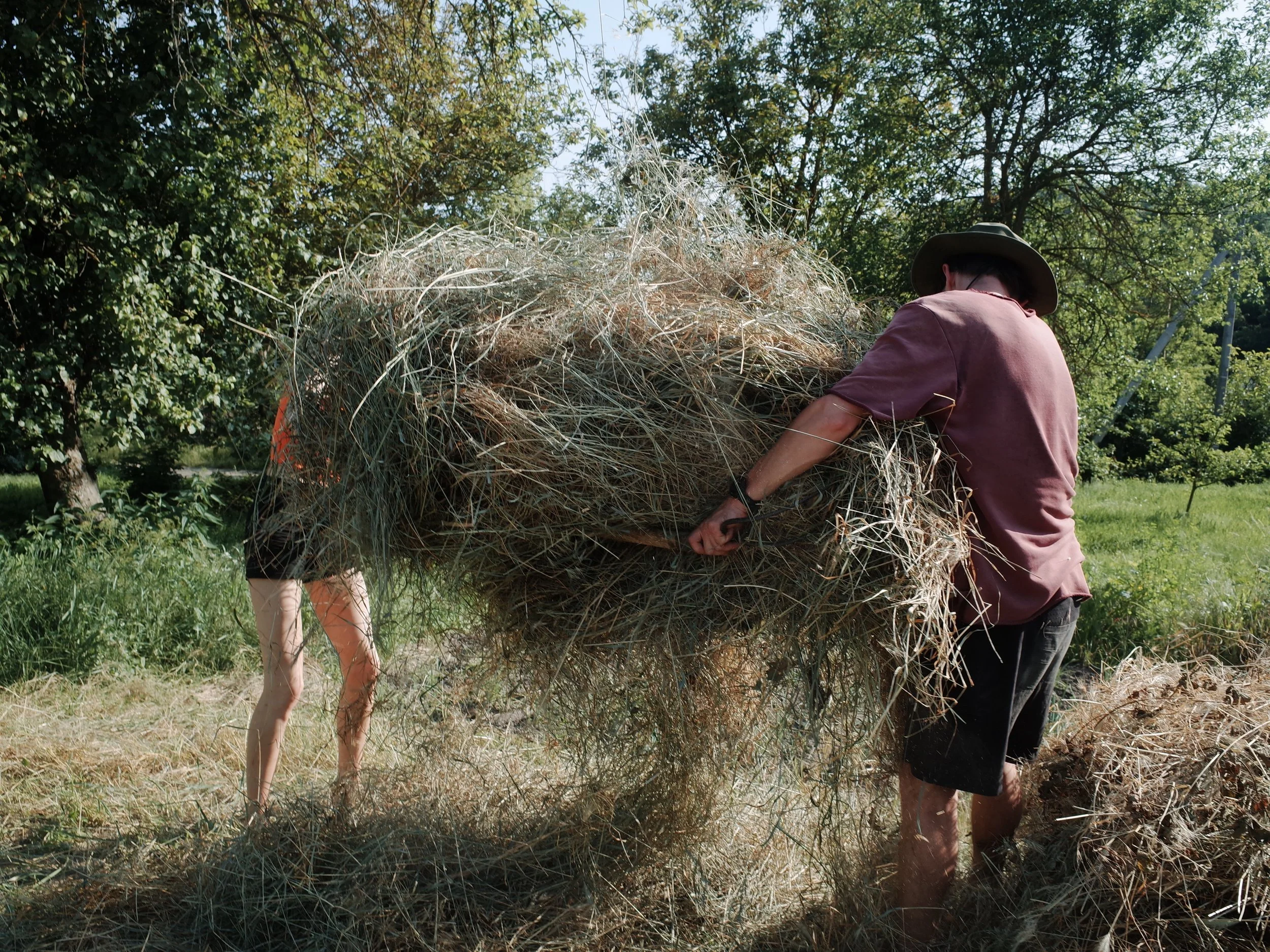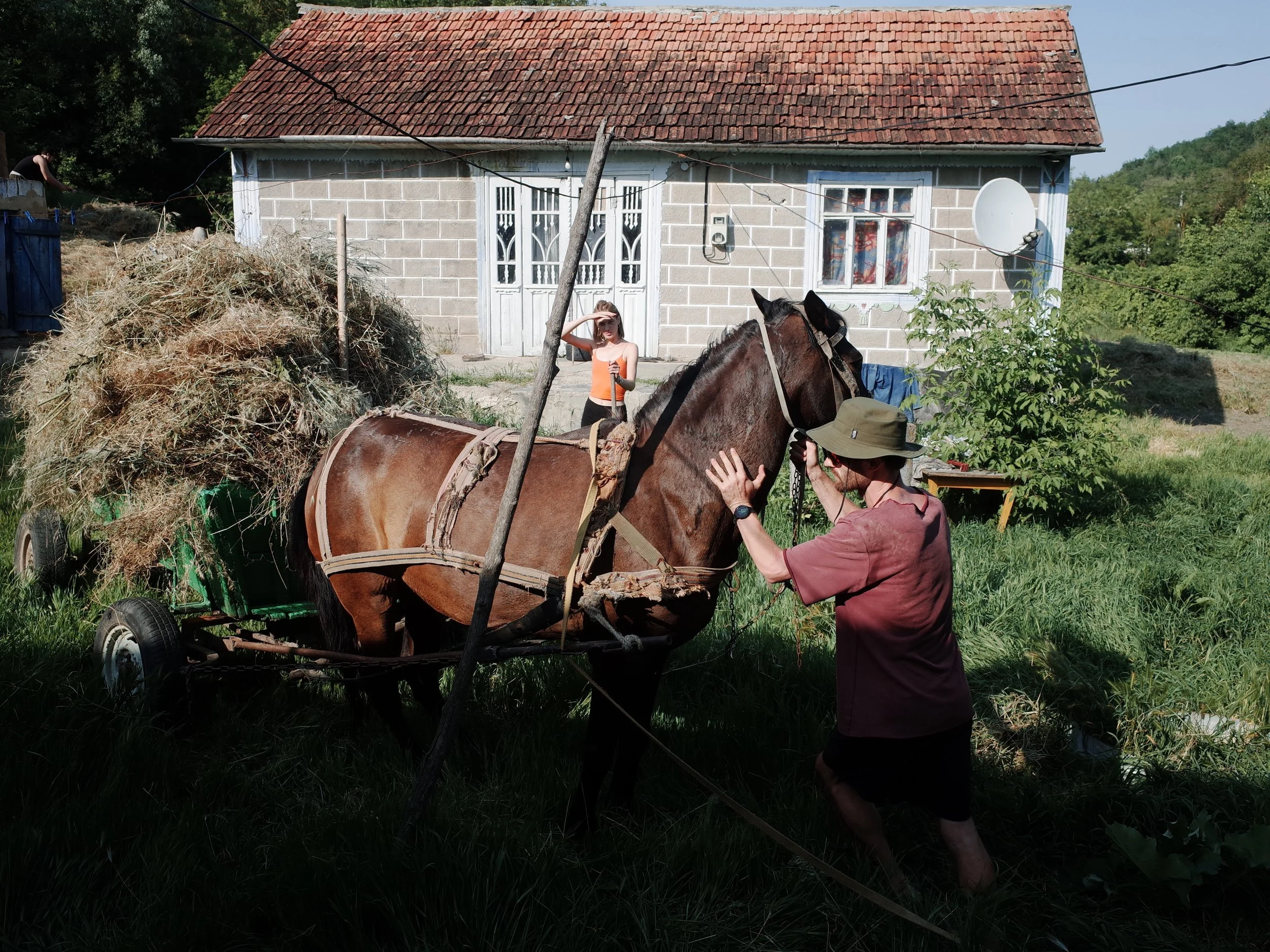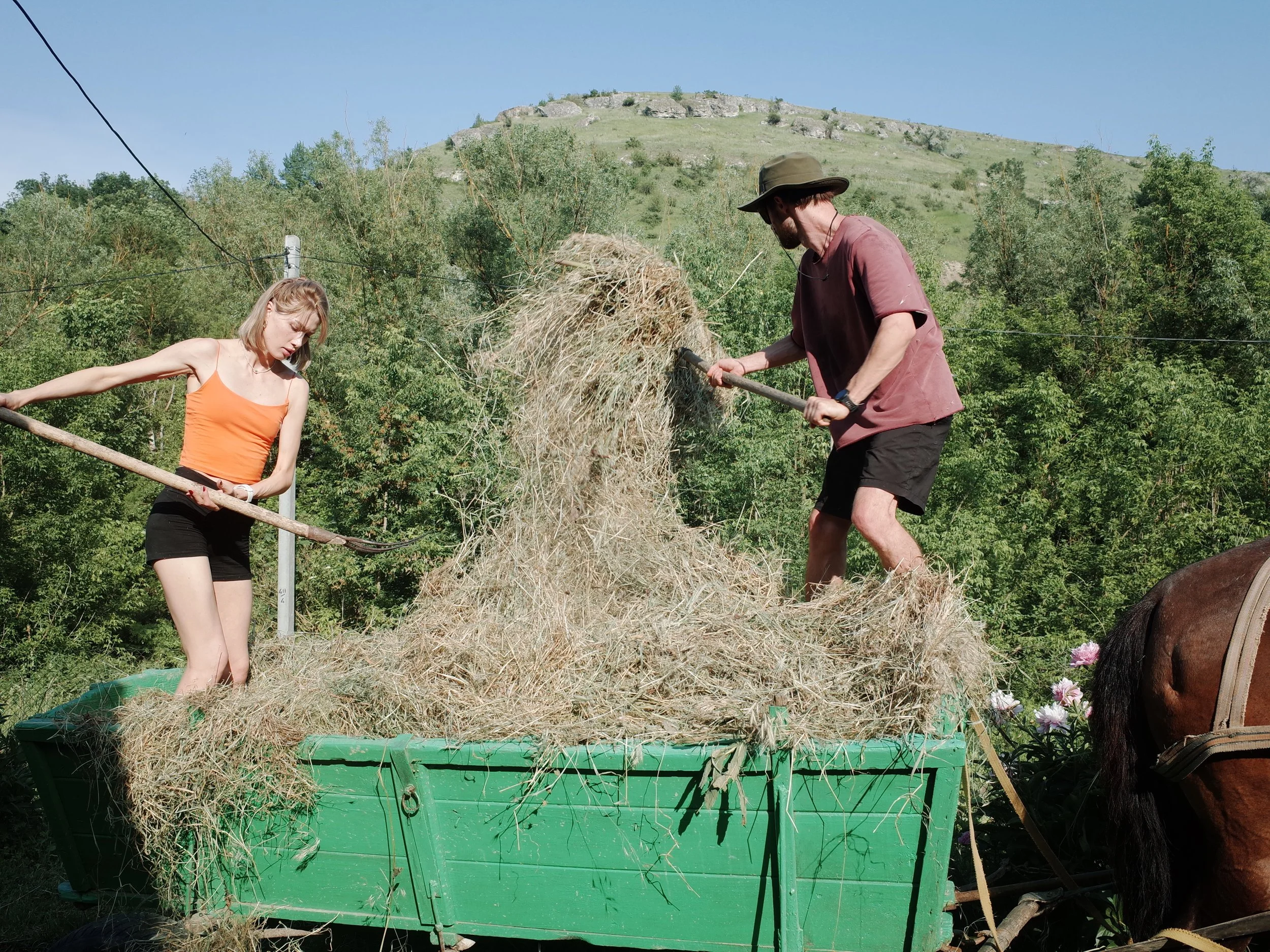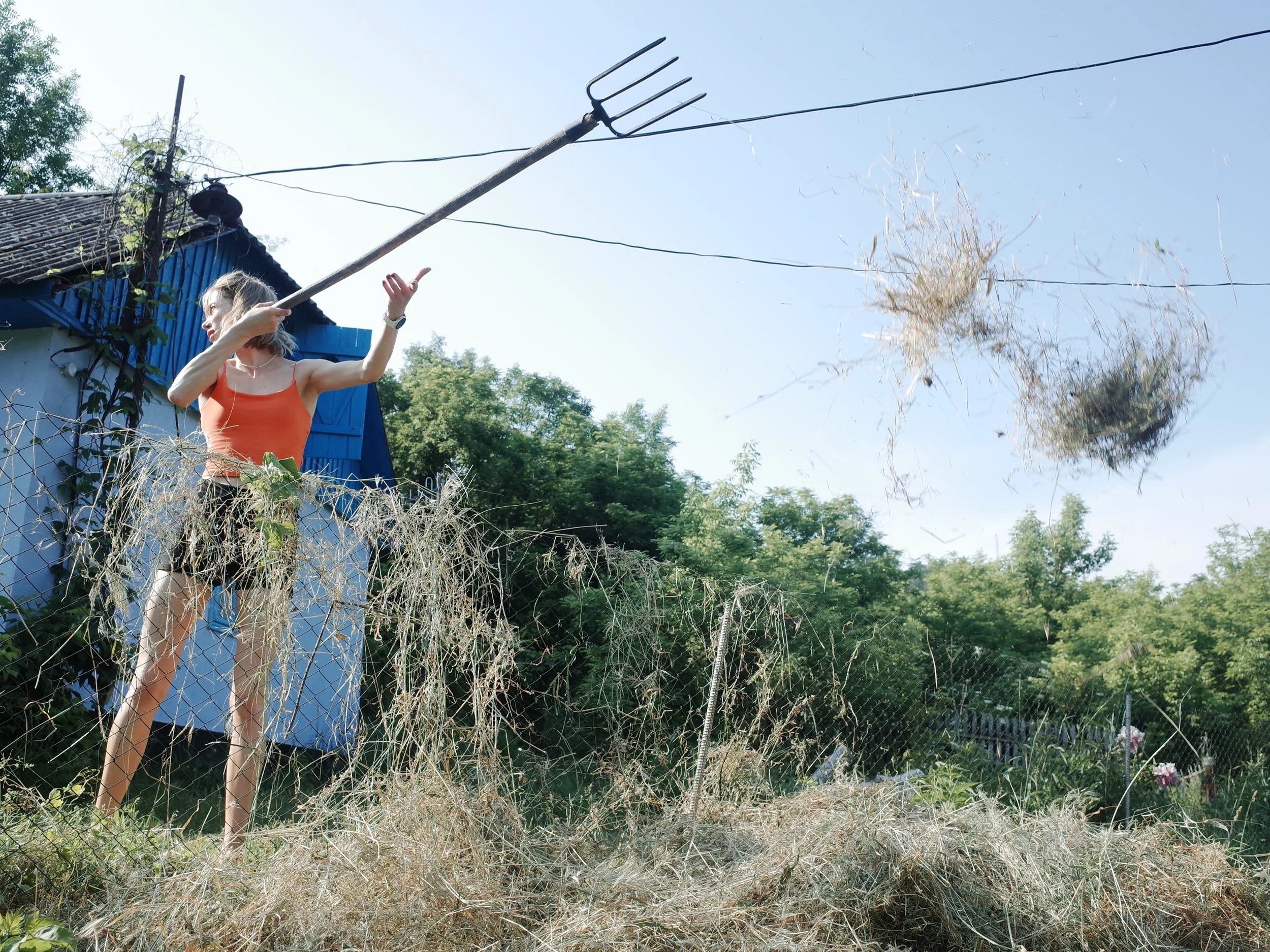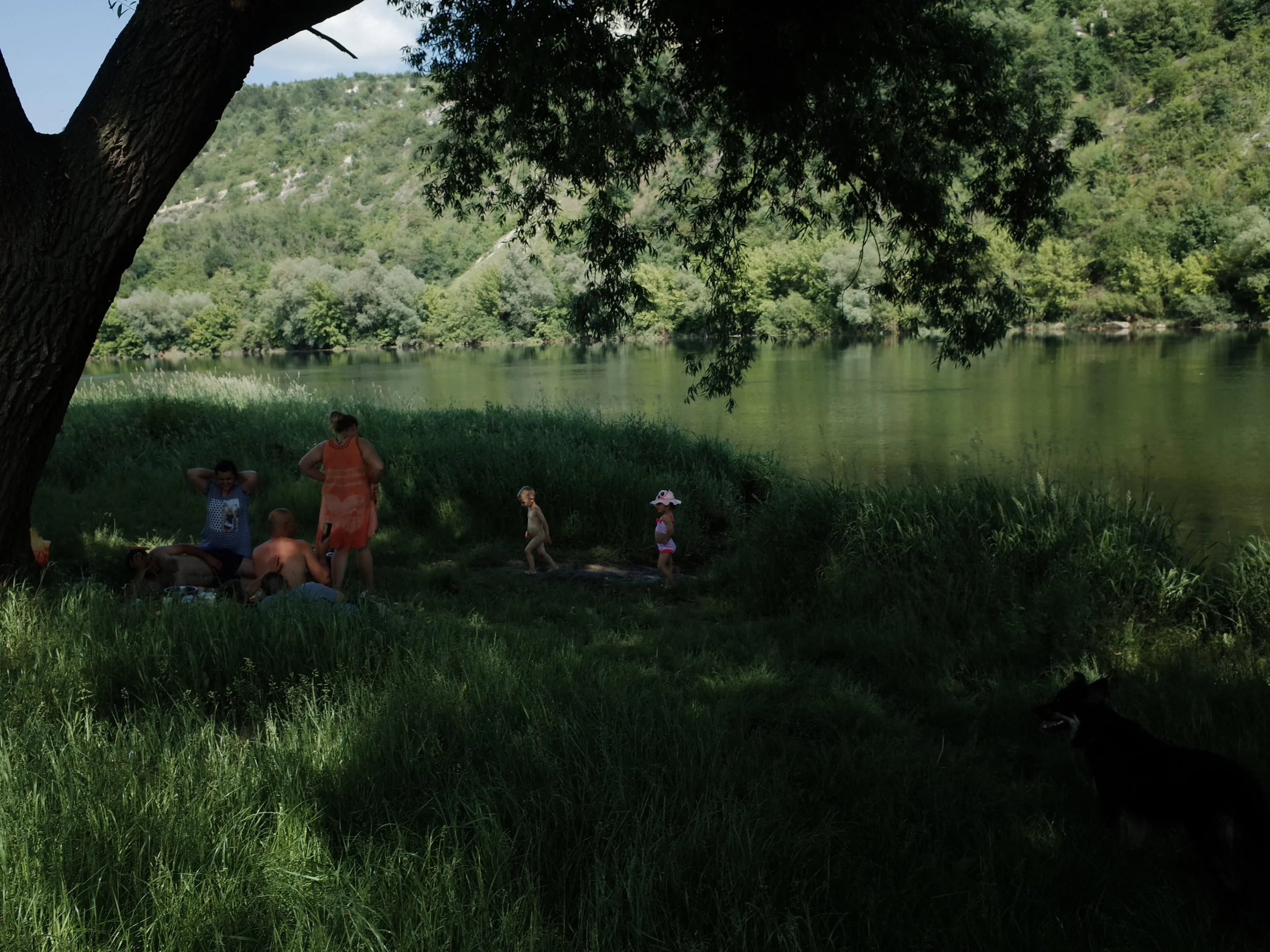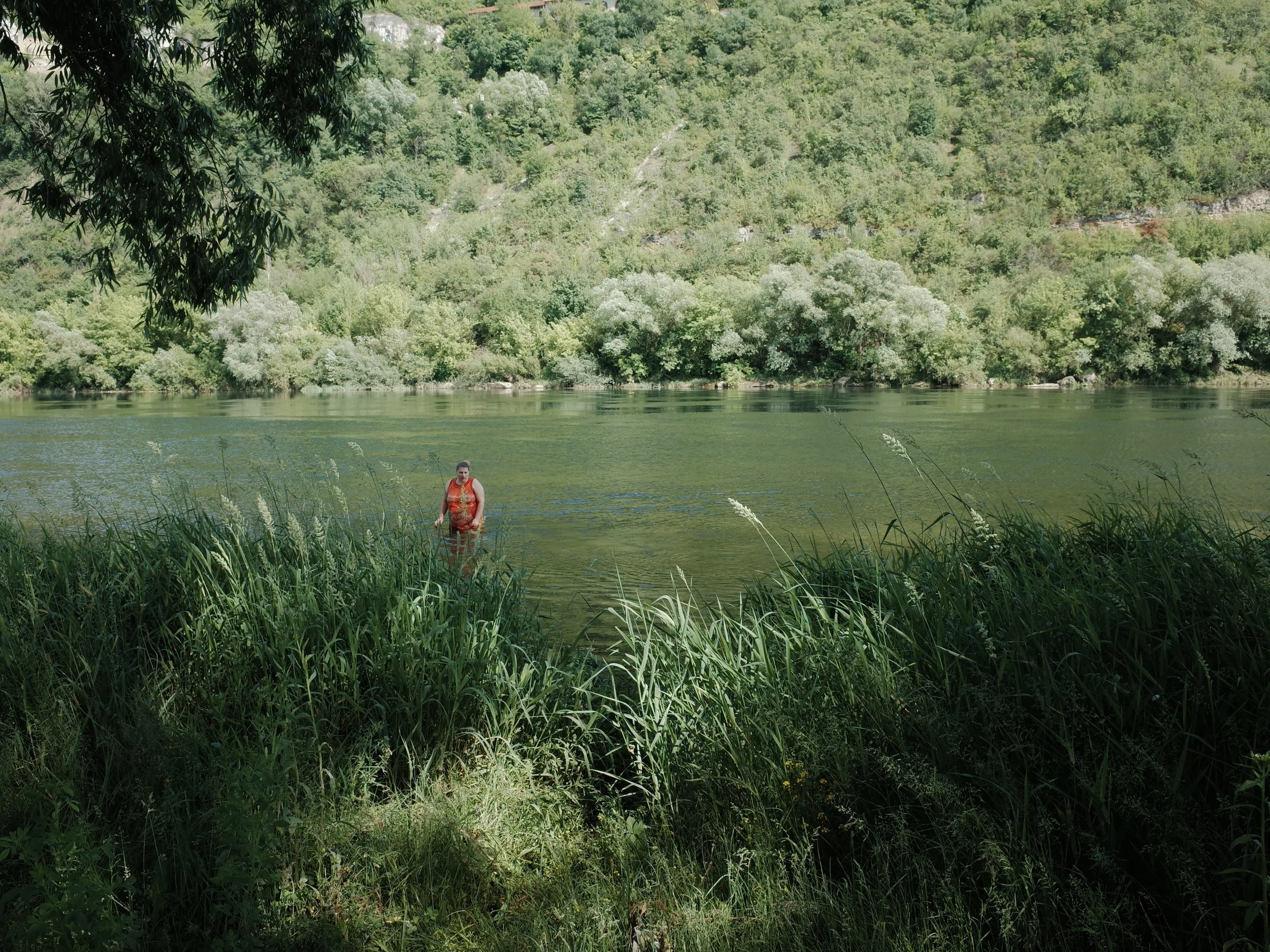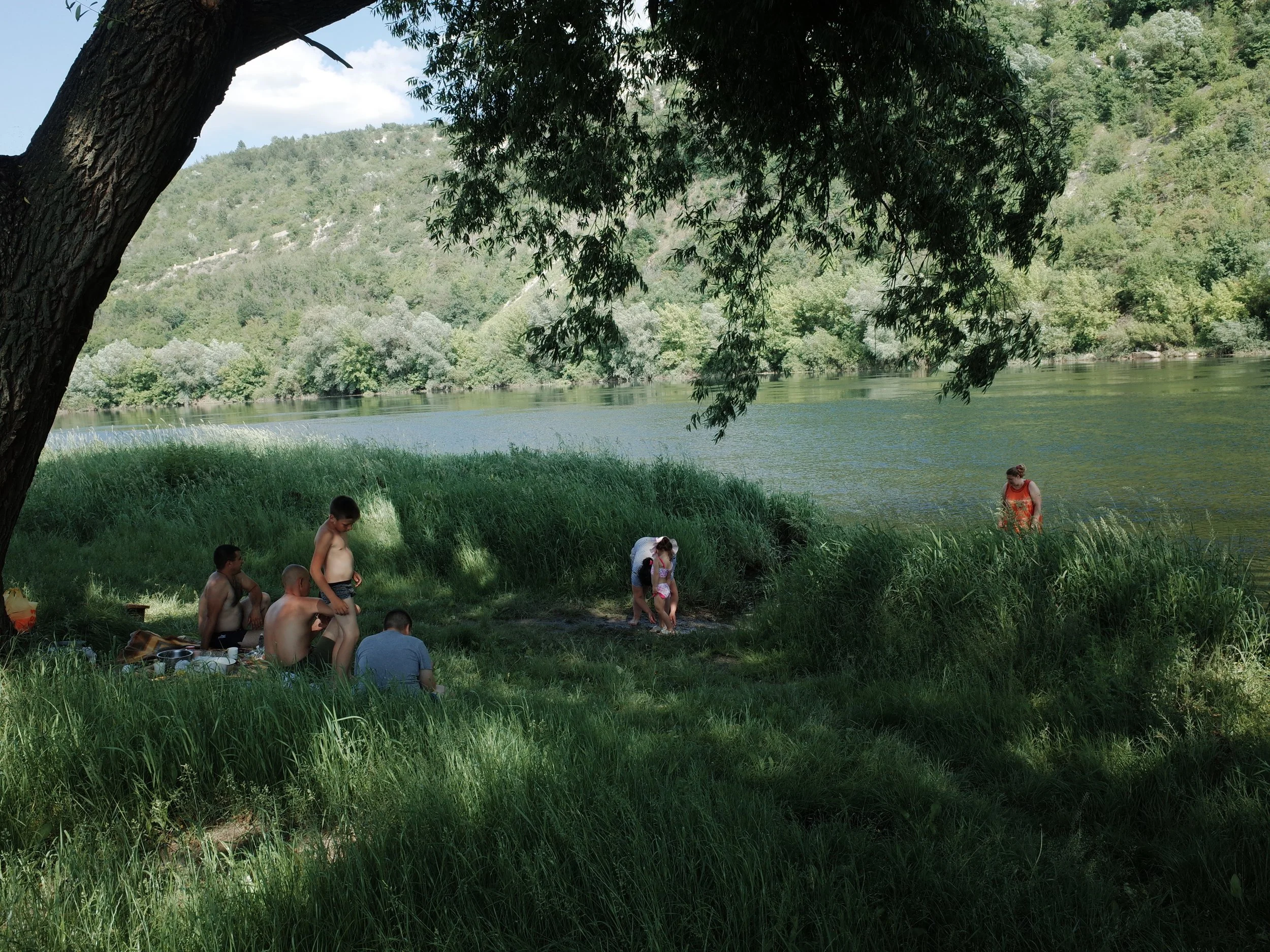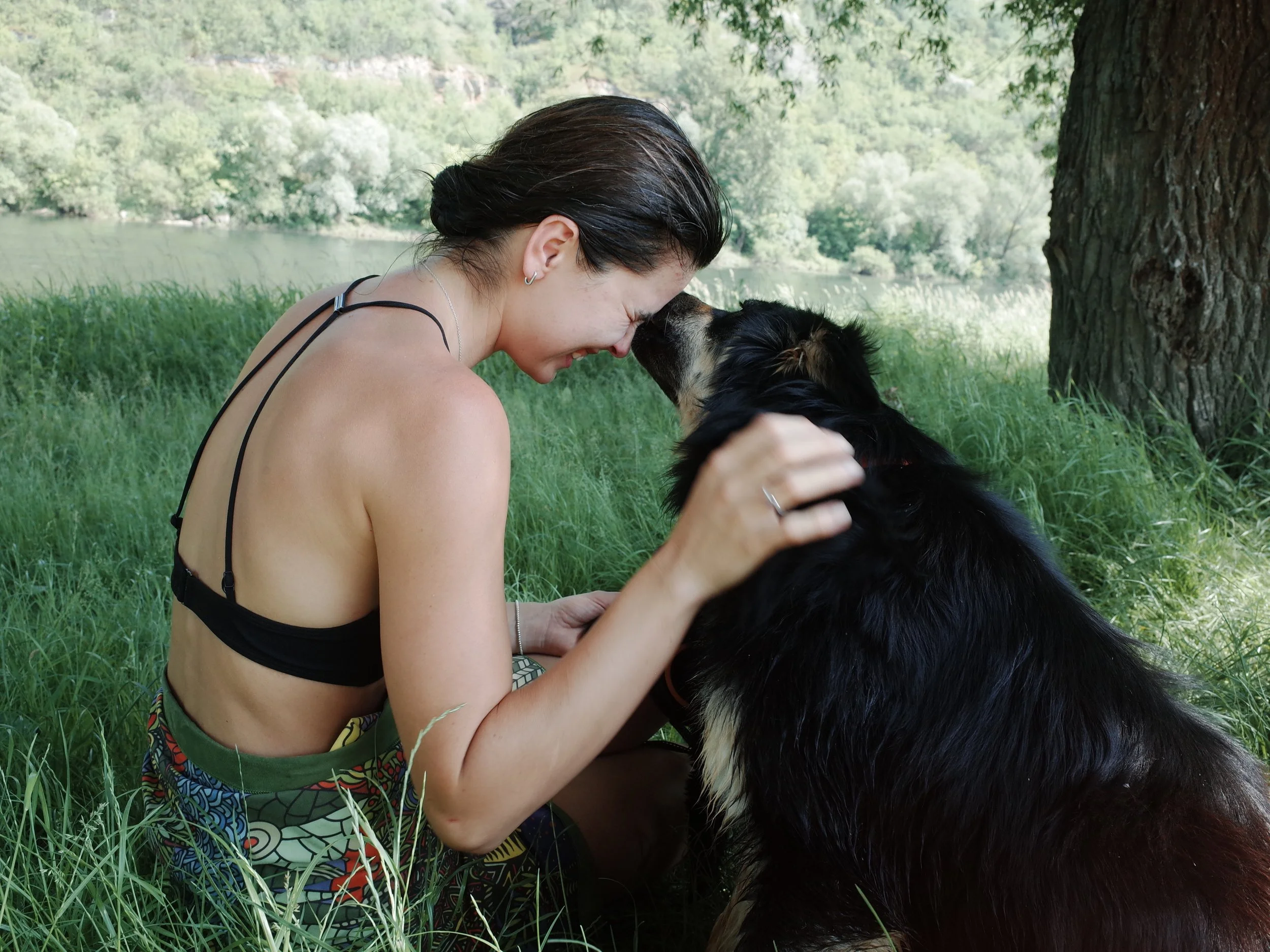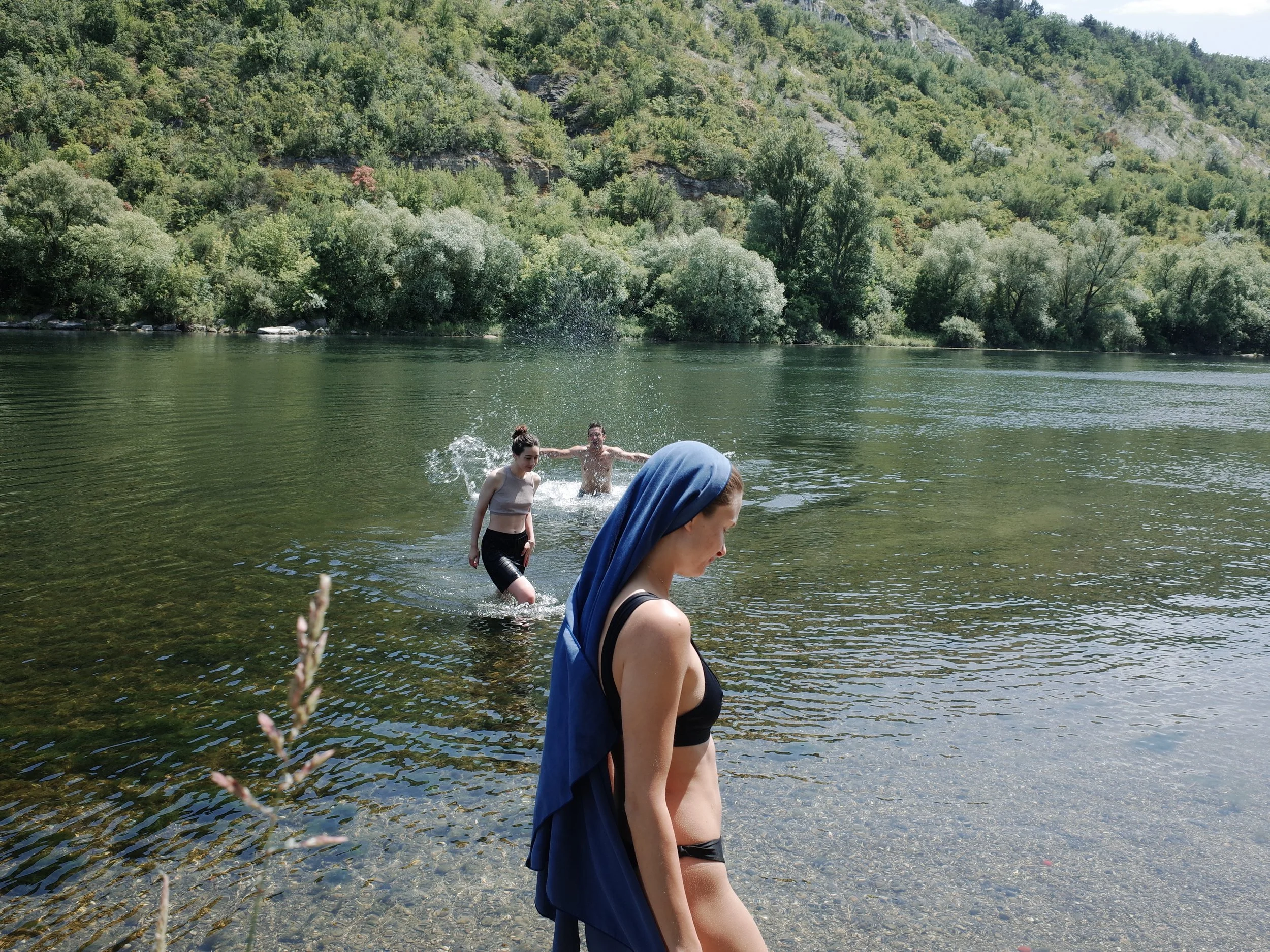Migration in Reverse: How Cristi Pănuță is Breathing Life Back into Naslavcea
Rural depopulation has become one of Moldova’s defining challenges — yet Cristi Pănuță has decided to return. Originally from Chișinău, he first visited Naslavcea — the northernmost village in Moldova, perched on the border with Ukraine — a few years ago. He soon bought a house there, determined to restore it with local materials rather than commercial supplies. Reviving the old practice of clacă, where neighbors work together on building and repairs, he saw firsthand how powerful collective effort could be.
Cristi’s decision stands out against a much larger demographic story. Moldova is one of the most mobile countries in Europe: according to UN estimates, nearly one-third of Moldovans live and work abroad. In the past three decades, the country has lost more than a million people to migration, a decline so sharp that the population has fallen from around 4.3 million in 1991 to just over 2.5 million today. Like elsewhere in Eastern Europe, people migrate for work, education, or better prospects for their children. But in Moldova, where rural poverty is widespread, the exodus from villages has been especially acute.
Naslavcea once had its own school and a larger, livelier population. Today the school is closed — there are simply not enough children to fill its classrooms. For many, leaving is the only option. Cristi himself lived abroad, part of this wider tide of migration. But he returned convinced that there were things of value here that he could not find elsewhere.
His choice drew others back, too. Friends began visiting, then artists who were curious about the restoration work and the idea of building something outside the urban center. Gradually, a new kind of community began to take shape in the village. From this, Cristi developed the idea of an artist residency, buying and repairing additional houses. His initiative eventually won support from the Ministry of Culture.
In a semi-abandoned village, shaped by Soviet legacies and predominantly pro-Russian politics, Cristi’s experiment feels almost utopian: a reminder that migration does not always mean leaving forever, and that return can itself be an act of resistance.
